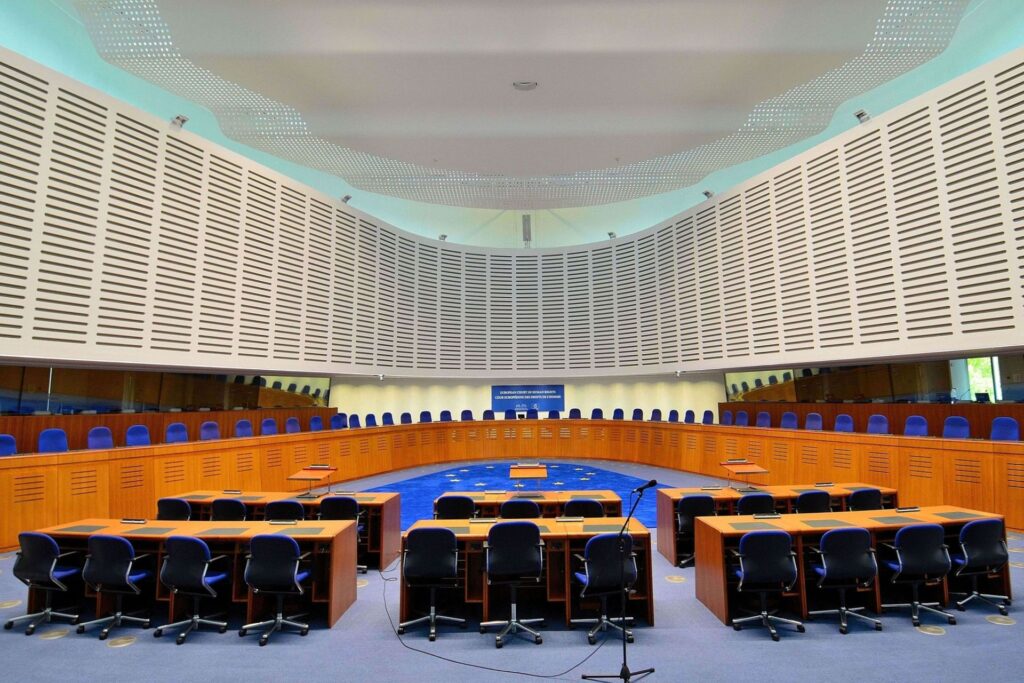EDU Court: more margin of appreciation for Member States
An amendment to the Convention for the Protection of Human Rights and Fundamental Freedoms will streamline the judiciary in three respects
On August 1, 2021, Protocol No. 15 on an amendment to the Convention for the Protection of Human Rights and Fundamental Freedoms (ECHR) will enter into force.
The Protocol strengthens the principle of subsidiarity as well as the margin of appreciation of the Contracting States, thus improving the functioning of the European Court of Human Rights (ECHR).
Protocol No. 15 to the ECHR is part of the long-standing efforts to secure and improve the functioning of the overburdened ECHR.
The Protocol explicitly mentions the principle of subsidiarity and refers to the margin of appreciation of the Contracting States.
In accordance with the principle of subsidiarity, it is primarily the responsibility of the Contracting States to implement and enforce the ECHR, while having a certain margin of appreciation.
The European Court of Human Rights intervenes only as a last resort and protects persons whose rights and freedoms have not been respected at national level.
In Strasbourg, Switzerland is for the protection of journalists

Reduction of the appeal period from six to only four months
The other amendments to the ECHR concern the organization and procedure of the EDU Court.
The time limit for appealing to the EDU Court is reduced from six to four months from the date of the final domestic decision. However, this amendment will not enter into force until February 1, 2022.
The Parties no longer have the right to object to the transfer of jurisdiction of a case to the Grand Chamber, but may be heard.
In addition, only persons under the age of 65 will be able to apply for the position of judge at the EDU Court in the future.
Liechtenstein towards the presidency of the Council of Europe

Judges always in office for at least nine consecutive years
On the other hand, they will be able to exercise their function even after the age of 70, provided that they have not yet reached the maximum term of office of nine years.
Finally, the EDU Court may declare an appeal inadmissible if the appellant has not suffered any significant damage. The admissibility criterion already applies today, but in the future it will also be possible to apply it to cases that have not been heard by a national court. These amendments take effect on August 1, 2021.
Active the European Committee for the prevention of torture

The decisive Italian ratification took place on 21 April of this year
Protocol No. 15 was opened for signature by States Parties on 24 June 2013. Its entry into force presupposes ratification by all 47 States Parties to the ECHR.
This condition was fulfilled after Italy ratified the Protocol on April 21, 2021. Switzerland ratified the Protocol on July 15, 2016.
Council of Europe: Who will represent the Swiss territories?







